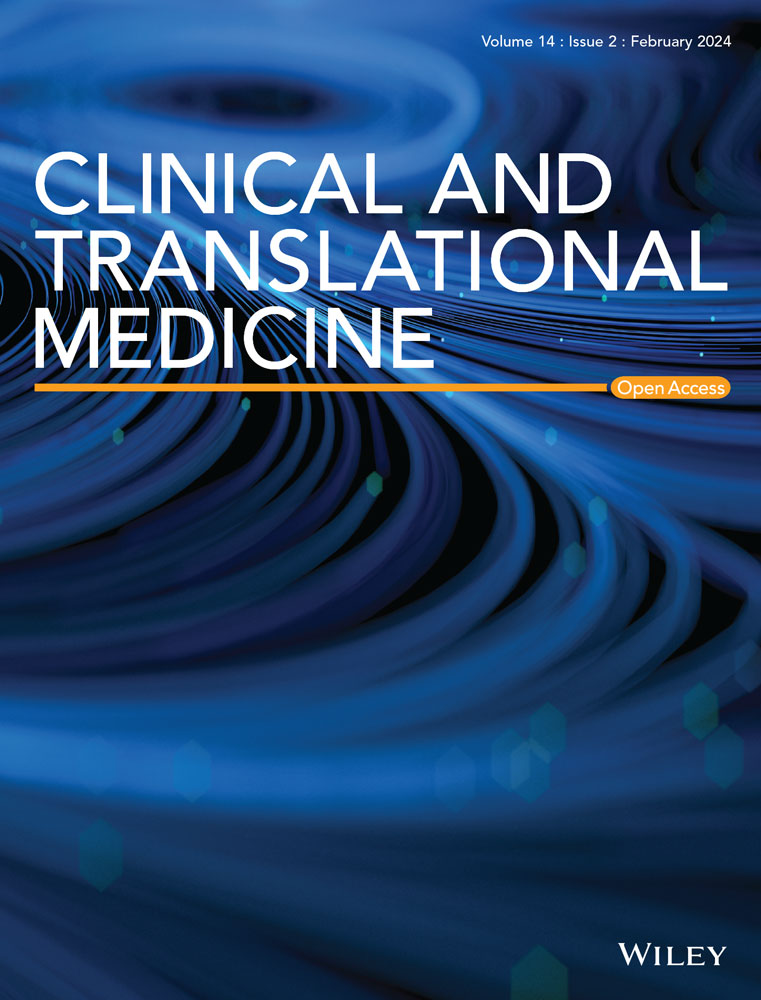Acquired anlotinib resistance is still a key challenge in osteosarcoma treatment. Unravelling the mechanisms underlying anlotinib resistance is the key to optimising its efficacy for treating osteosarcoma. Previous studies have explored the pivotal function of the DNA-dependent protein kinase catalytic subunit (DNA-PKcs) with regard to osteosarcoma chemoresistance.
We used bioinformatics analysis to predict DNA-PKcs and Beclin-1 interactions, confirmed through immunofluorescence (IF) and co-immunoprecipitation (co-IP). Dual-luciferase analyses and Methylated RNA immunoprecipitation (MeRIP) were implemented to detect the detected m6A modifications. RNA fluorescence in situ hybridisation (FISH)—IF co-localisation and RNA immunoprecipitation (RIP) were conducted to explore the interplay between PRKDC mRNA and the indicated proteins.
Anlotinib-treated osteosarcoma cells exhibited increased DNA-PKcs levels, and silencing DNA-PKcs augmented osteosarcoma sensitivity to anlotinib. DNA-PKcs affects anlotinib-induced autophagy by interacting with Beclin-1 and regulating its ubiquitination. Notably, PRKDC mRNA, encoding DNA-PKcs, underwent N6-Methyladenosine (m6A) modification. Methyltransferase-like 3 (METTL3) positively regulated DNA-PKcs expression. Functionally, METTL3 enhances anlotinib resistance in osteosarcoma, which is reversed by PRKDC knockdown. Mechanistically, METTL3 binds to PRKDC mRNA and facilitates m6A methylation. Additionally, m6A methylated PRKDC mRNA is identified via YTH N6-methyladenosine RNA-binding protein 1 (YTHDF1), augmenting its expression.
These findings revealed that DNA-PKcs promotes anlotinib resistance by regulating protective autophagy, while METTL3 induces PRKDC m6A modification, enhancing its expression. Thus, targeting METTL3/PRKDC may be a novel strategy for improving therapeutic efficacy in human osteosarcoma.
DNA-PKcs knockdown heightens osteosarcoma sensitivity to anlotinib.
DNA-PKcs modulates anlotinib-induced protective autophagy through interacts with Beclin-1 and regulates its ubiquitination.
m6A modification of OLE_LINK82PRKDC mRNA induced by METTL3 contributes to anlotinib resistance in osteosarcoma.
m6A methylation of PRKDC mRNA recognised by YTHDF1 amplifies the expression of DNA-PKcs.



